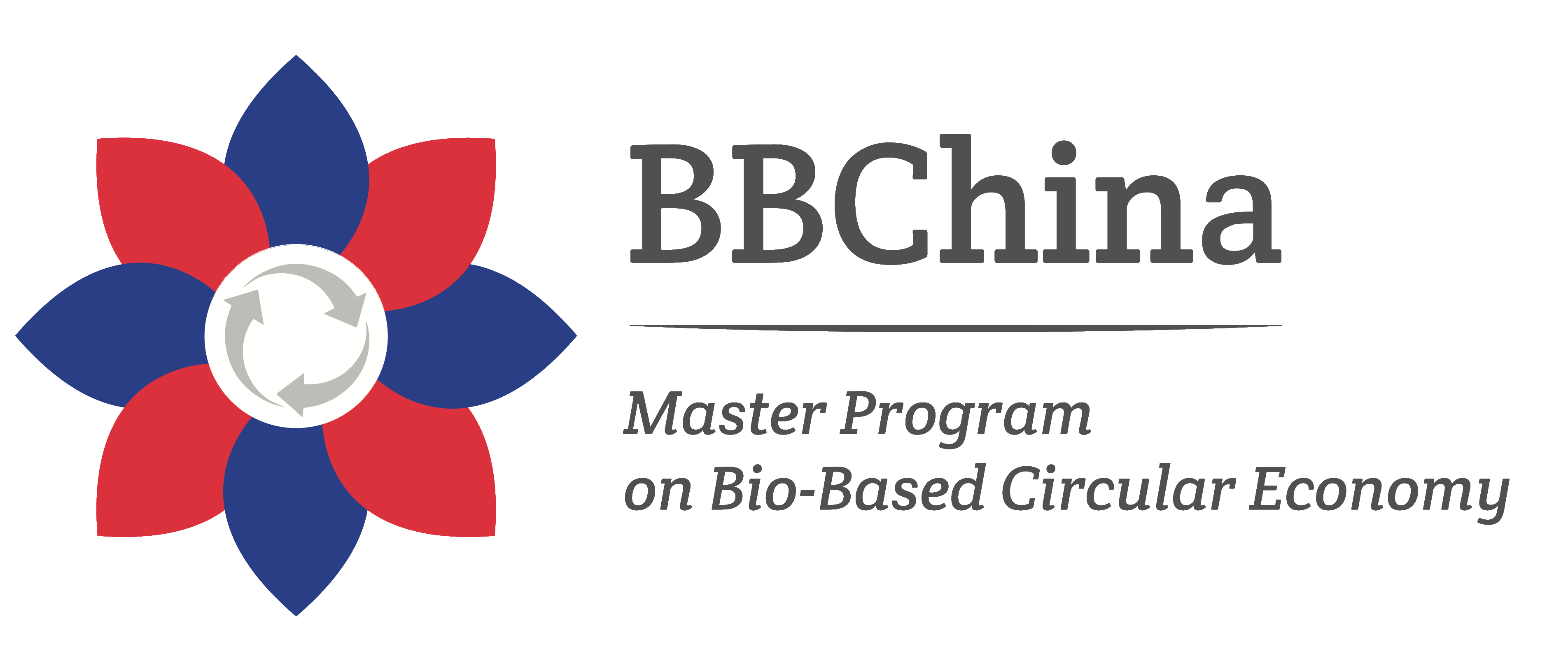
As a first step of the process that will lead to the implementation of the Master Program, an Education and Training Needs Assessment (ETNA) has been performed. The present ETNA aims to create a definitive awareness of what kind of knowledge is not already available for both students and teachers, and in which proportion multidisciplinary topics will be exploitable in the target context.
Report: Education and Training Needs Assessment
The development of the Syllabus of the new Master Program is the starting point for the implementation of the BBChina action.
The Syllabus has been defined on the basis both of the results of the Education and Training Needs Assessment (ETNA, Deliverable 2.1) and the existing courses already available within the EU and Chinese Higher Education Institutions (HEIs).
The first version of the Syllabus was submitted to the International Advisory Board (IAB) of the Project, in order to get the feedback from its components and, once received, implement them.
The following document is the final version, based on which the Master Program and the Courses under development were sent to each University/College/Institution board for approval and further inclusion in the Educational Offer from Academic Year 2019/2020 on.
Report: General Curriculum – Structure and Syllabus of the Master Program
Teachers mobility has been planned to fill knowledge gaps of each participant in specific fields, thanks to knowledge exchanges, study visits to research premises as well as industries working in the field. It has been organised to obtain an equally scientific and didactic brokering to participants from each Chinese University. Chinese lecturers, professors and researchers involved in front teaching or the teaching material preparation took part in the mobility.
During this activity, Chinese lecturers and professors participated in seminars, lessons, laboratories, and visits in test fields and power plants. Furthermore, during the last mobility activity in Florence, CESIE experts trained the participants to the sound use of the e-learning tools developed within the project activity. The e-learning tool will be a pillar supporting the teaching activities.
Report: Staff Mobility – Summer 2019
